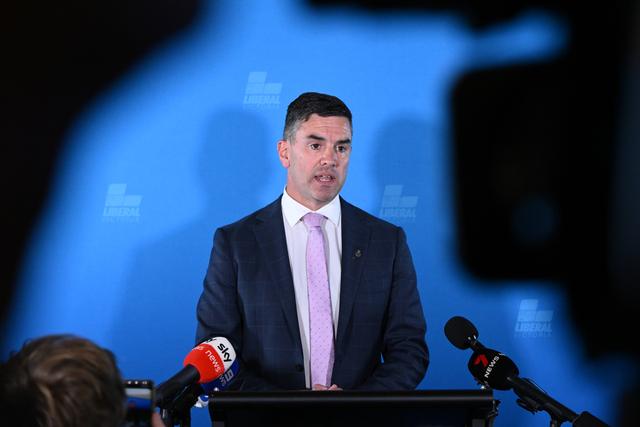A Cranbourne-based support agency is expected to be flooded with calls for assistance when the Federal Government’s financial supports come to an end.
JobKeeper and the JobSeeker coronavirus supplement both come to an end at the end of March – on Sunday 28 March and Wednesday 31 March respectively.
Leanne Petrides, executive officer at Community Information and Support Cranbourne (CISS), said the organisation is “expecting to see quite an avalanche of people contacting our service, primarily for emergency relief support,” following the end of the two measures.
She said CISS had noticed changes in the makeup of its visitors over the duration of the pandemic.
“The doubling of JobSeeker meant that many of the people who might normally have been struggling on the fortnightly money were no longer contacting us.
“They were able to pay for car registration as well as rent, buy food as well as consider paying the electricity bills, and were feeling quite positive and comfortable.”
But CISS also experienced a jump in first-timers contacting the service – those who had lost work or hours, or were waiting for JobKeeper or Seeker to kick in.
Ms Petrides said the community was approaching a “confluence of events”.
“We have the cessation of JobKeeper, the reduction of JobSeeker – albeit with the rise of about $3.50 a day (to the base rate) – and we also have the cessation of some of the other support services operating at the time (like) moratoriums on rental evictions, bill payments, credit card debt and other things all coming to an end.
“Come 1 April, with that first pay period beyond that, we’re expecting another influx of people who had that break while receiving additional payments and no have to go back.”
Ms Petrides said CISS is expecting to see traditional JobSeeker recipients once again approaching the service for assistance, as well as another cohort of people who may not have regained their jobs or hours before the end of JobKeeper.
“We’re bracing ourselves for a wave of additional need,” she said.
Nevertheless, CISS is determined to support as many people as it can – whether that be through organising payment plans, referring people to utility relief grants, and providing advice on access to fresh food to supplement food vouchers.
“We will continue to work our hardest to meet need and support the most vulnerable in our community,” she said.
Ms Petrides added that she believes a transitional method could help people as they move off JobKeeper onto JobSeeker while the nation’s economic recovery continues.
“If we’re looking at a systemic policy change of increasing the rate of JobSeeker and perhaps transitioning anybody who loses JobKeeper onto a more equitable level of JobSeeker, that’s above the poverty level, that kind of support for people gives them a true safety net,” she said.
“I’m always going to argue for a sustained, permanent increase to JobSeeker, in order to make sure that during times like this, and at any time, our most vulnerable are supported enough to make essential decisions that rest of us take for granted.”
For free and confidential assistance – from emergency relief to counselling – contact CISS on 5996 3333.







